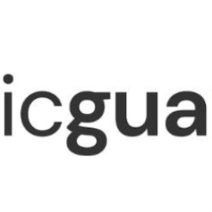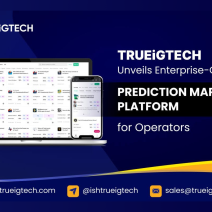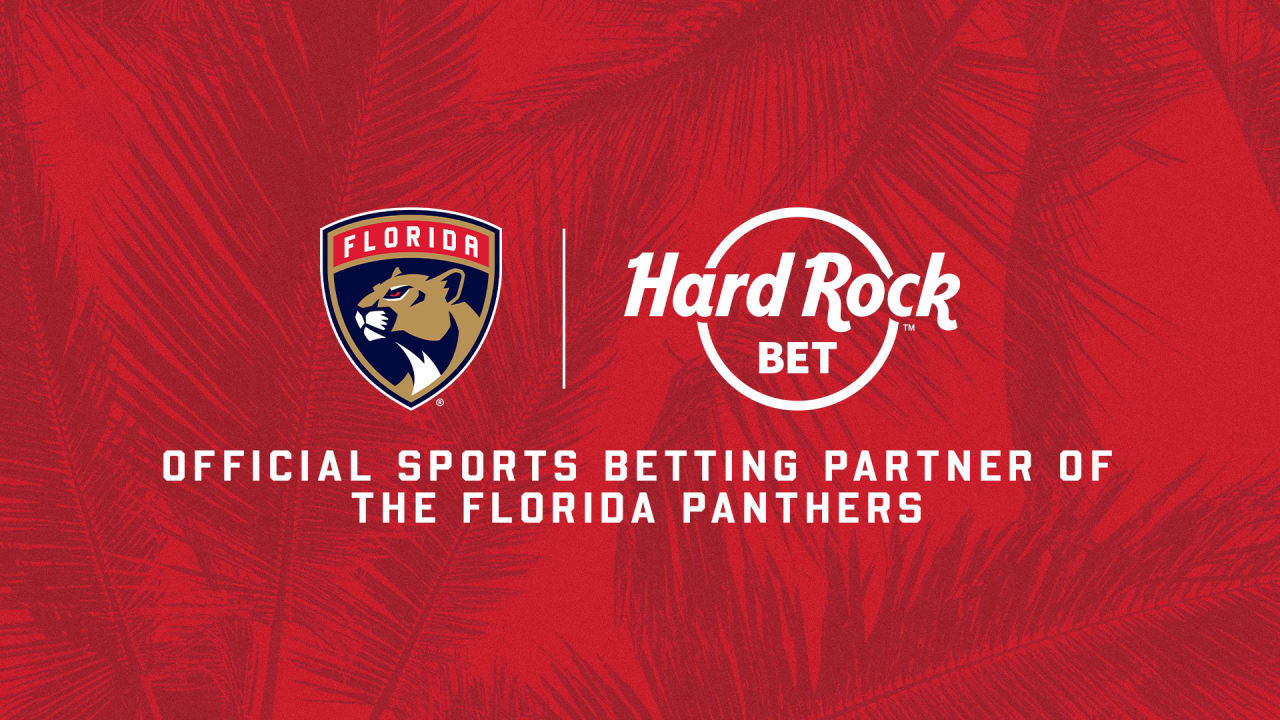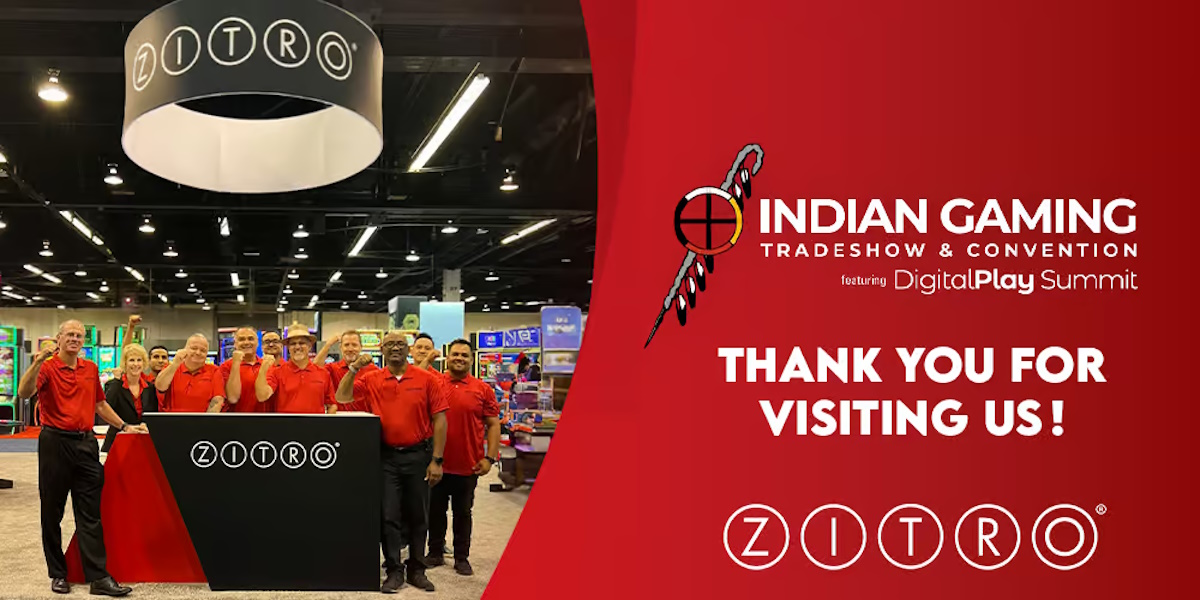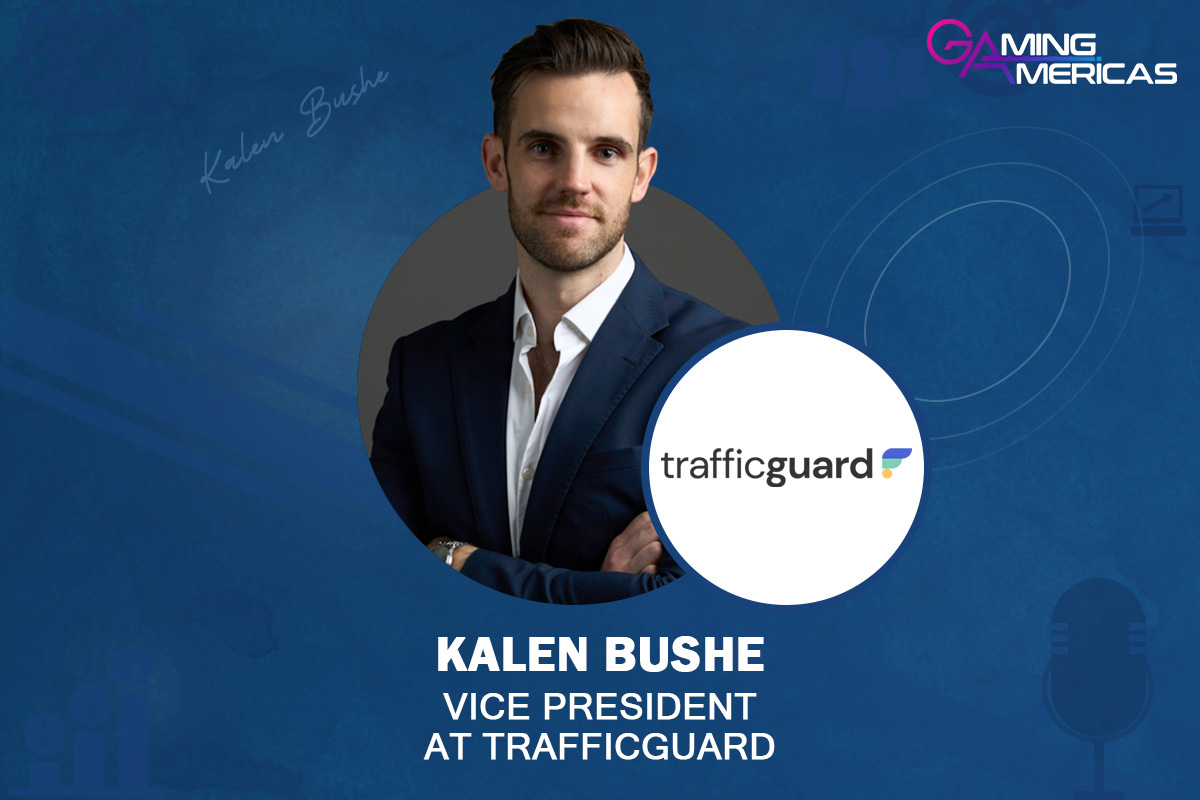
Taking the gamble out of Accelerating Growth: Maximising Your Marketing in New Sportsbetting Markets
By: Kalen Bushe VP Customer Growth at TrafficGuard
Too many sportsbooks are wasting their marketing dollars. As new markets open, they have to make every dollar count when it comes to winning to new players. Regions like the Middle East and Latin America (LATAM) are opening, and it is critical that sportsbooks optimise their marketing to win market share.
These emerging markets present sportsbooks with a golden ticket to expand into a new region and increase profits. These opportunities are being matched with new complexities in their digital marketing activities. Invalid traffic (IVT) is as a barrier to expansion by draining digital advertising budgets and reducing ROI without sportsbooks recognising it.
IVT encompasses any activity originating from sources lacking genuine user interest, including ad fraud, bots or returning users. While invalid traffic goes unchecked, sportsbooks won’t see the full value of their digital advertising campaigns and lose a competitive edge in new markets.
70% of surveyed iGaming operators reported to be expanding into online gaming markets in Central and South America in the next three years according to a GBG survey. This means there’s a lot to win by getting marketing right and not wasting advertising spend on attracting the wrong audiences, fraud or bots.
They key is to understand potential opportunities and recognise risks in digital marketing. Every sportsbook needs to maximise ROI on every dollar they are spending, and it becomes even more crucial when trying to gain critical mass in newly opened markets.
Bots, Timewasters, Fakers and Fraud
Legislation is loosening worldwide, over the past few years North America has seen numerous states legalise sports betting. Similar changes have happened in Brazil, where online gambling regulations were passed in late 2023. These changes have paved the way for sportsbooks to explore exciting new markets.
However, sportsbooks are being fed inaccurate campaign data by IVT. This inflates impressions and impacts future ad campaigns as sportsbooks funnel ad spend into projects that aren’t performing as well as it would seem, giving competitors the chance to take the lead in new markets.
IVT includes non-human traffic which typically takes the form of bots powered by artificial intelligence (AI). Bots can create a multitude of fake accounts and use them to exploit promotions undetected. Despite the implementation of rigorous registration verification checks by many operators to combat this issue, it remains a significant challenge. This poses a hurdle for sportsbooks seeking to attract users and carve out a presence in new markets, especially with bonuses, which can lead to a drain on their campaign resources. On average, around 5-7% of sports betting campaigns suffer from this form of media loss.
Bots aren’t the sole concern for sportsbooks in safeguarding against inauthentic engagement. Navigational traffic stemming from returning users, who are already part of the customer base, also poses a significant challenge as they unintentionally deplete budgets. When these users try to reach a site via search engines, they inadvertently click on paid brand advertisements, consequently inflating customer acquisition costs (CACs) without contributing to conversions, thereby causing losses for the sportsbook. Without an effective strategy to manage returning users, optimising campaign value becomes considerably more difficult.
Taking Down Barriers to Growth
For sportsbooks to flourish in emerging markets, the first step is to counter IVT. IVT damages budgets by remaining undetected, therefore it’s crucial that sportsbooks maintain visibility into their traffic.
Monitoring traffic as it passes through systems is key. Through this, sportsbooks can identify any irregularities, such as traffic from an unknown origin. This could be an indicator of IVT, which can then be identified and dealt with before the campaign can be interfered with.
The increasing frequency of non-genuine engagement is difficult for teams to monitor unaided. An ad verification platform can fill in the gaps and accurately pinpoint any threats and mitigate them directly. These platforms work to validate traffic in real-time, determining the origin of traffic and blocking it from entering systems if it’s suspicious to proactively protect budgets.
It is also possible to control the number of times returning users interact with your campaigns without risking damaging the relationship they have with sportsbooks. Setting custom verification rules is an effective method of limiting the number of times an ad can be clicked on by a certain user. Once the user reaches the threshold for clicks, they’re prevented from seeing it, which significantly reduces cost-per-click (CPC) rates.
This can be further expanded upon by deploying shadow campaigns. These are an effective way of maintaining optimal engagement by duplicating current campaigns set up with lower CPC. This funnels returning users away and prevents them from driving up costs. The budget saved can then be committed to growth in new regions.
Winning Big in New Markets
The sports betting industry is opening doors worldwide for sportsbooks to gain audiences in places they never could before. Excelling in newly legalised markets against a multitude of competitors is a difficult task, only being made harder by the interference of IVT.
By tackling non-genuine engagement, sportsbooks give themselves the advantage back over competitors. With full visibility and control over campaigns, their full potential can be realised to ensure sportsbooks can focus on global expansion.

